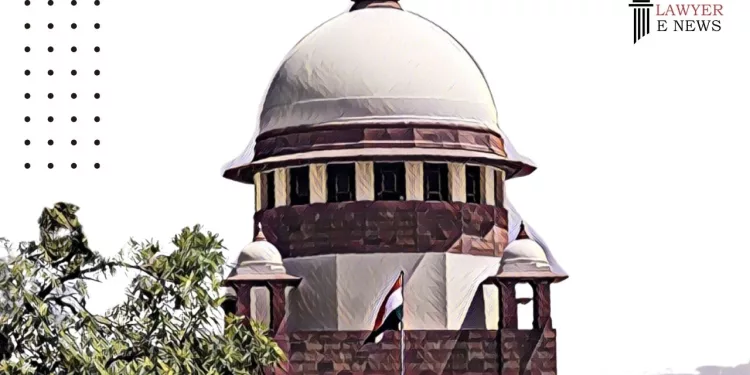Amounts Advanced Under Service Agreements With Interest Terms Are To Be Treated As Financial Debts,: Supreme Court

The Supreme Court upholds the classification of creditors under the Insolvency and Bankruptcy Code (IBC), emphasizing that security deposits with interest terms are indeed financial debts.
Facts and Issues: The core issue was the categorization of entities as financial creditors under the IBC when they provide security deposits with interest to a corporate debtor, specifically M/s. Mount Shivalik Industries Limited. The appeals contested the NCLAT’s decision that recognized these entities as financial creditors based on their agreements.
Court Assessment:
Nature of Creditor Identification: The Court reaffirmed NCLAT’s classification of parties as financial creditors due to the monetary transactions structured as security deposits that accrued interest.
Definition and Interpretation of Financial Debt: Detailed analysis by Justice Abhay S. Oka highlighted the criteria for what constitutes a financial debt, emphasizing the requirement of disbursal against the consideration for the time value of money, which includes interest.
Operational Debt vs. Financial Debt: The distinction between operational and financial debts was clarified. While service fees might constitute operational debt, the structured security deposits with stipulated interest were deemed financial in nature due to their financial treatment in business records.
Legal Impact and Procedural Continuation: The decision impacts the ongoing Corporate Insolvency Resolution Process (CIRP), ensuring that the appellants are treated as financial creditors, thereby affirming their participation rights under the IBC.
Decision: The Supreme Court dismissed the appeals, supporting the NCLAT judgments that identified the appellants as financial creditors. This allows the continuation of the CIRP with the appellants participating as recognized financial creditors, highlighting the expansive interpretation of financial debt within insolvency scenarios.
Referred Cases: References were made to key judicial precedents, such as Anuj Jain, Interim Resolution Professional for Jaypee Infratech Limited v. Axis Bank Limited & Ors., which help elucidate the distinctions between financial and operational debts.
Conclusion: This Supreme Court ruling consolidates the legal landscape regarding the interpretation of financial debts in insolvency proceedings, particularly emphasizing the role of transaction nature, like security deposits with interest, in defining creditor status under the IBC.
Date of Decision: April 25, 2024
GLOBAL CREDIT CAPITAL LIMITED & ANR. Vs. SACH MARKETING PVT. LTD. & ANR.





